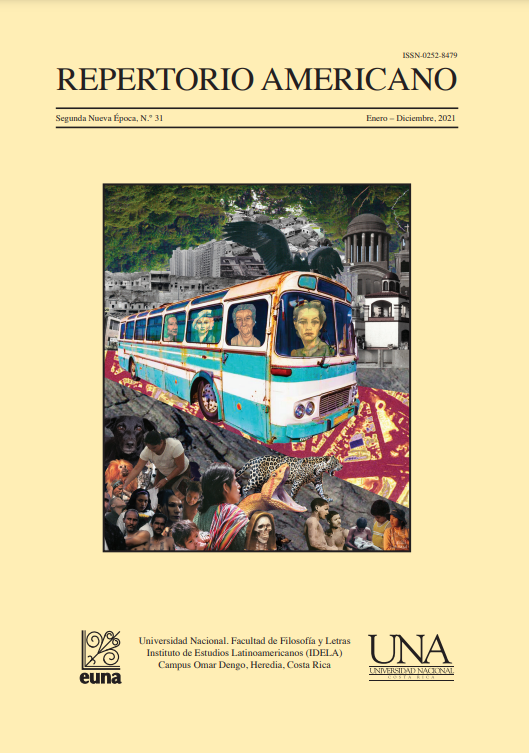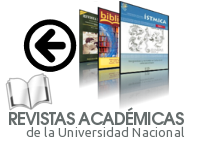Relevant Francophone writers and their literary trajectory during the 20th century
DOI:
https://doi.org/10.15359/ra.1-31.15Keywords:
authors, Francophone literature, Negritude, 20th century, biographies, literary genres, prizes, awards, bibliographical reference listAbstract
This paper, which is part of a research project carried out by Virginia Borloz, Mauricio Méndez and Alder Senior, introduces the most relevant French-speaking (male and female) authors who belong to the first and second half of the twentieth century. After a meticulous selection, this study compiled the most emblematic exponents from different places (i.e. Francophone countries, D.O.M., T.O.M.), comprised in the following six regions: Maghreb, Sub-Saharan Africa, (North, Caribbean, South) America, Europe, Asia, and Oceania. This research project included various facets such as biographies, the classification of the most relevant authors set up by regions, main literary genres (novel, short story, poetry, etc.), the main prizes and
awards granted to such writers (i.e. Goncourt, Femina, Grand Prix de la Francophonie, Grand Prix Littéraire d’Afrique noire Renaudot, and so on). Finally, a very complete bibliographical reference list was compiled in order to be consulted by experts and students on Francophone Literature at the
University of Costa Rica.
References
Borloz, Virginia et al. (2013). Principales escritores de la Francofonía y su trayectoria literaria durante el siglo XX.
Proyecto VIIN N° 023-BI-137. Facultad de Letras, Programa de Literatura Comparada. Escuela de Lenguas Modernas. Universidad de Costa Rica.
Césaire, Aimé (1939). Cahier d’un retour au pays natal. Paris: Bordas.
Chévrier, Jacques (1999). Littérature Nègre. Paris: Armand Colin.
Kristeva, Julia (1974). El Lenguaje, ese desconocido. Introducción a la lingüística. Traducción de María Antoranz. México: Ed. Fundamentos.
Senghor, Léopold (1977). Liberté 3 : Négritude et Civilisation de l’Universel. Paris: Éditions du Seuil.
-----. (1990). Œuvre Poétique. Paris: Éditions du Seuil.
Published
How to Cite
Issue
Section
License
Las cartas de entendimiento se facilitarán a las personas autoras al momento de aceptación de su trabajo para publicarse.
Todos los contenidos son de libre acceso con sólo citar la fuente.







